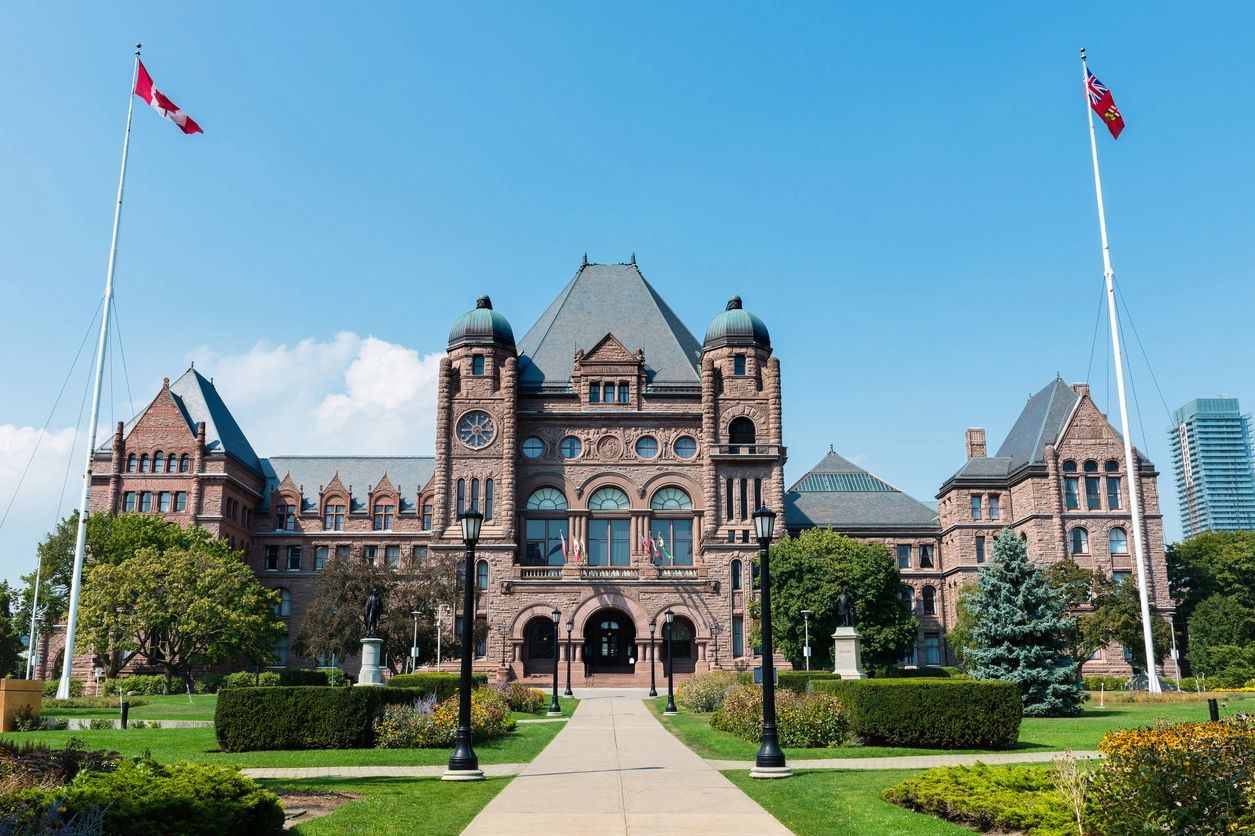Ex-Nazi Soldier Man loses fight to get Canadian Citizenship back

An elderly Waterloo man, who allegedly participated in Nazi death squads during the Second World War, has lost a two-decade-long legal battle to keep his Canadian citizenship and avoid deportation.
In a decision released Wednesday, the Federal Court of Appeal dismissed Helmut Oberlander’s bid to appeal a 2018 Federal Court ruling that found Ottawa had acted reasonably in stripping him of his citizenship.
The decision was welcomed by Canada’s Jewish community and the Liberal government, which must now decide whether or not to issue a removal order to deport Oberlander to Germany or Ukraine. The government said it is currently reviewing the situation and examining next steps.
“This closes the book on Nazi enablers in this country,” said Bernie Farber, former CEO of the Canadian Jewish Congress and a human rights advocate. “He participated in and enabled the work of the most notorious Nazi killing unit. It took so long for justice to be carried out. He never had a right to be in this country.”
The Ukraine-born Oberlander, now 95, has steadfastly maintained he was just 17 when he was forced to join the Nazi death squad Einsatzkommando 10a, known as Ek 10a, which was responsible for killing close to 100,000 people, mostly Jewish.
He has argued that he served as an interpreter and that there is no evidence he took part in any atrocities, but the federal government contends that because he was part of the squad, he was complicit in the crimes.
“This decision further supports our mandate to deny safe haven in Canada to war criminals and persons believed to have committed or been complicit in war crimes, crimes against humanity, or genocide,” said Mathieu Genest, spokesperson for Immigration Minister Ahmed Hussen. “It is important that applicants be truthful and transparent when applying for Canadian Citizenship.”
Oberlander and his wife came to Canada in 1954, and he became a citizen six years later. He did not disclose his wartime experience on his citizenship application.
The legal case against Oberlander began in 1995. In 2001, he was stripped of his citizenship by the federal cabinet after a court found he had lied about his service as an interpreter with the Nazi death squad — a decision that was overturned in 2004 and sent back to cabinet for reconsideration.
In 2007, he was stripped of his citizenship again and faced another deportation hearing. In 2009, the Federal Court of Appeal ruled that the federal cabinet must again revisit the decision to strip Oberlander of his citizenship and consider whether he was forced to join the Nazis under duress.
